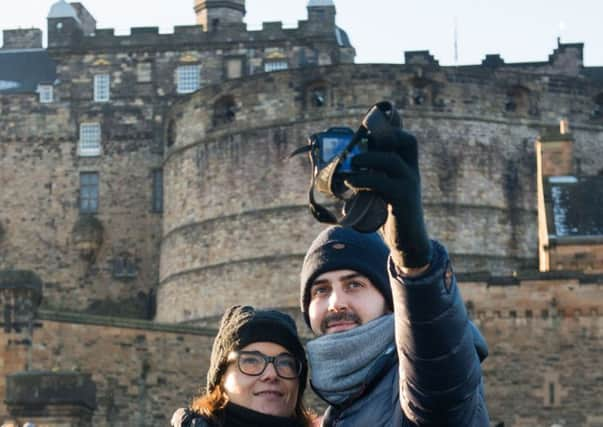Brian Ferguson: Tourist tax may be a false hope for arts world


After months of ministers repeating the industry mantra of “now is not the time”, it was undoubtedly a significant shift for the First Minister to stand up at an industry summit and effectively fire the starting gun. This was an issue that the Scottish Government and industry bodies had steadfastly refused to allow near the starting blocks for more than a decade. But had Ms Sturgeon and her ministers really capitulated to the increasingly loud sabre-rattling from a number of councils and local government organisation Cosla? Supporters of a tourist tax had no option but to welcome Ms Sturgeon’s surprise announcement as it would have been the u-turn of the decade were the SNP to suddenly introduce legislation at Holyrood. It would also have been a declaration of war on Scotland’s tourist industry, which has won a series of assurances from ministers that a “transient visitor levy” will not happen on their watch.
The most significant concession from the First Minister is that the Government “cannot ignore” the debate over whether councils should get tourist tax powers. But her pledge that “all voices will be heard” is canny on a number of fronts.
Advertisement
Hide AdIt has taken the sting out of troublesome local campaigns on the issue, particularly in Edinburgh, where council leaders have been citing growing industry support, without producing any concrete evidence from the main trade bodies. It has bought the Government crucial time on an issue that, until now, councils have been setting the agenda on. And it will also ensure that bodies like the Scottish Tourism Alliance and UK Hospitality, who say they have been shut out of local consultations, get their say.
Most importantly, there appears little doubt that the consultation, however long it takes to conclude, will eventually draw a line under the issue, at least for this parliamentary term. But it is also a high-risk strategy to introduce a “national conversation” on a tourist tax at a crucial time for many of those running tourism businesses, festivals and events.
Despite the ambitions of some councils, there is little chance of them securing tourist tax powers next year. There is now the real prospect of a protracted tourist tax debate rumbling on while the country is grappling with the impact of Brexit. Opponents of the tourist tax face a double dose of bad publicity just when they are trying to retain staff and attract visitors.
In Edinburgh, in particular, there are sharp divisions on the benefits of a tourist tax, which are only likely to deepen over the next year, as the questions mount up.
Leading cultural venues and promoters are on record as supporting the idea in principle – but what if they do not get a guarantee that monies raised will be ploughed back into the cultural and events sectors?
Expectations have been raised that a tourist tax could help ease the burden on the public purse of the festivals – but does that put their future public funding under threat?
Advertisement
Hide AdThe impact of the festivals has been used to help support the case for a tourist tax in Edinburgh. But what if there is little support for it to be used on marketing initiatives to attract even more tourists and create even more events? And if the end result of a protracted debate on the tourist tax is still a firm “no” from the Government, what will that mean for public support for the tourism industry and the festivals staged on their doorstep?
